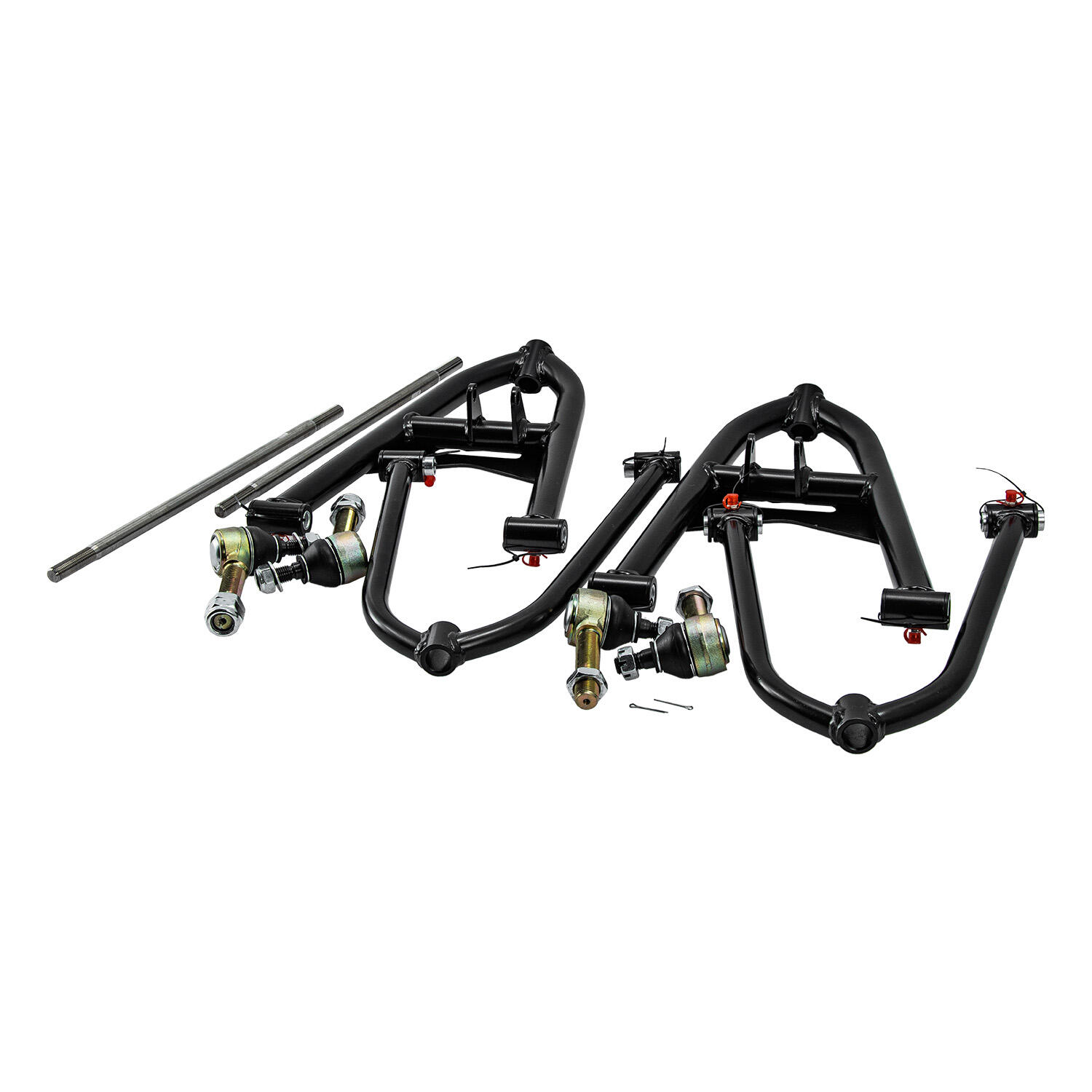
Automotive shops face increasing pressure to deliver efficient, reliable maintenance services while managing costs and customer expectations. One critical component that often requires strategic scheduling attention is control arms, which play an ess...
VIEW MORE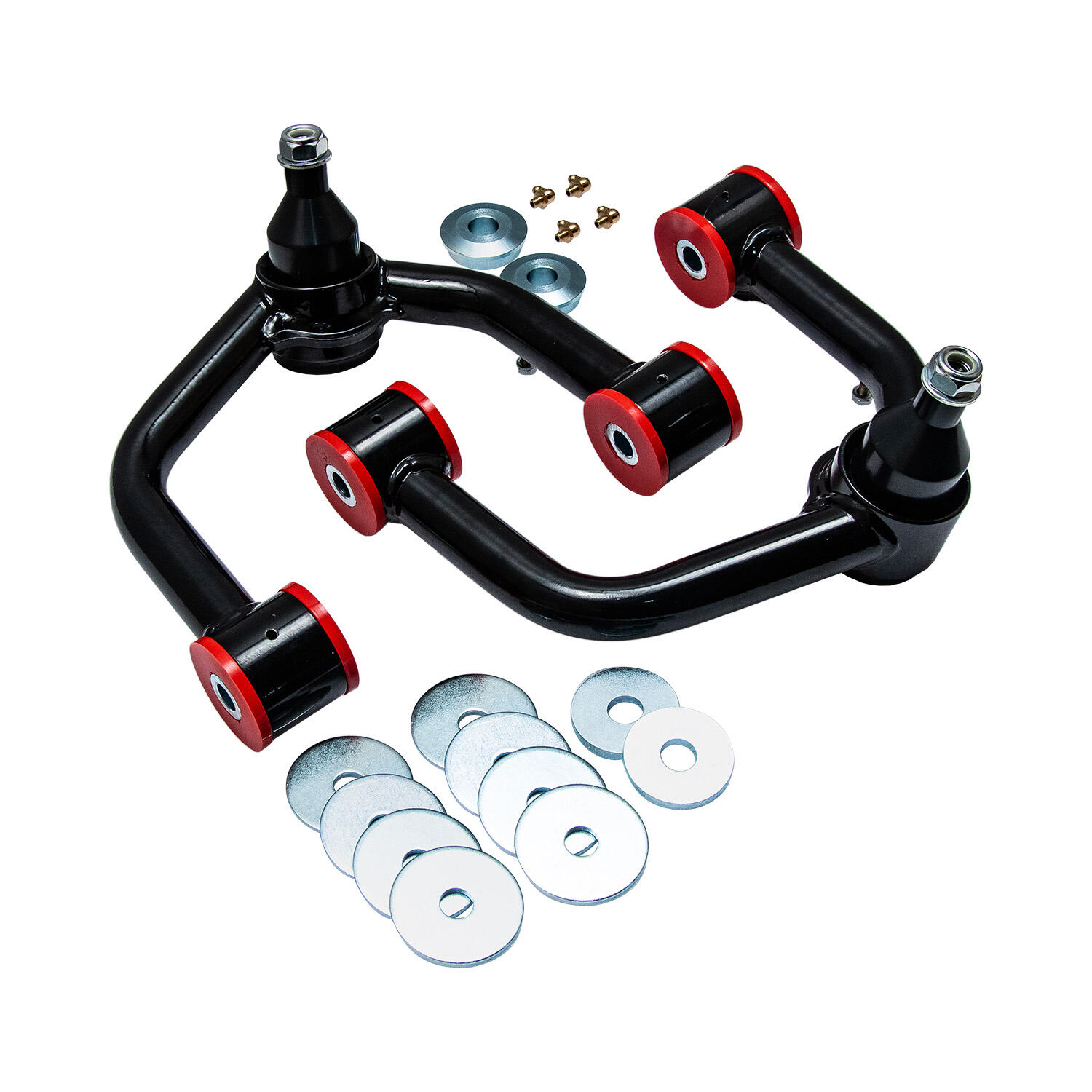
Modern automotive suspension systems have evolved significantly over the past decades, with multi-link configurations becoming increasingly sophisticated to meet contemporary performance and comfort demands. Control arms serve as fundamental componen...
VIEW MORE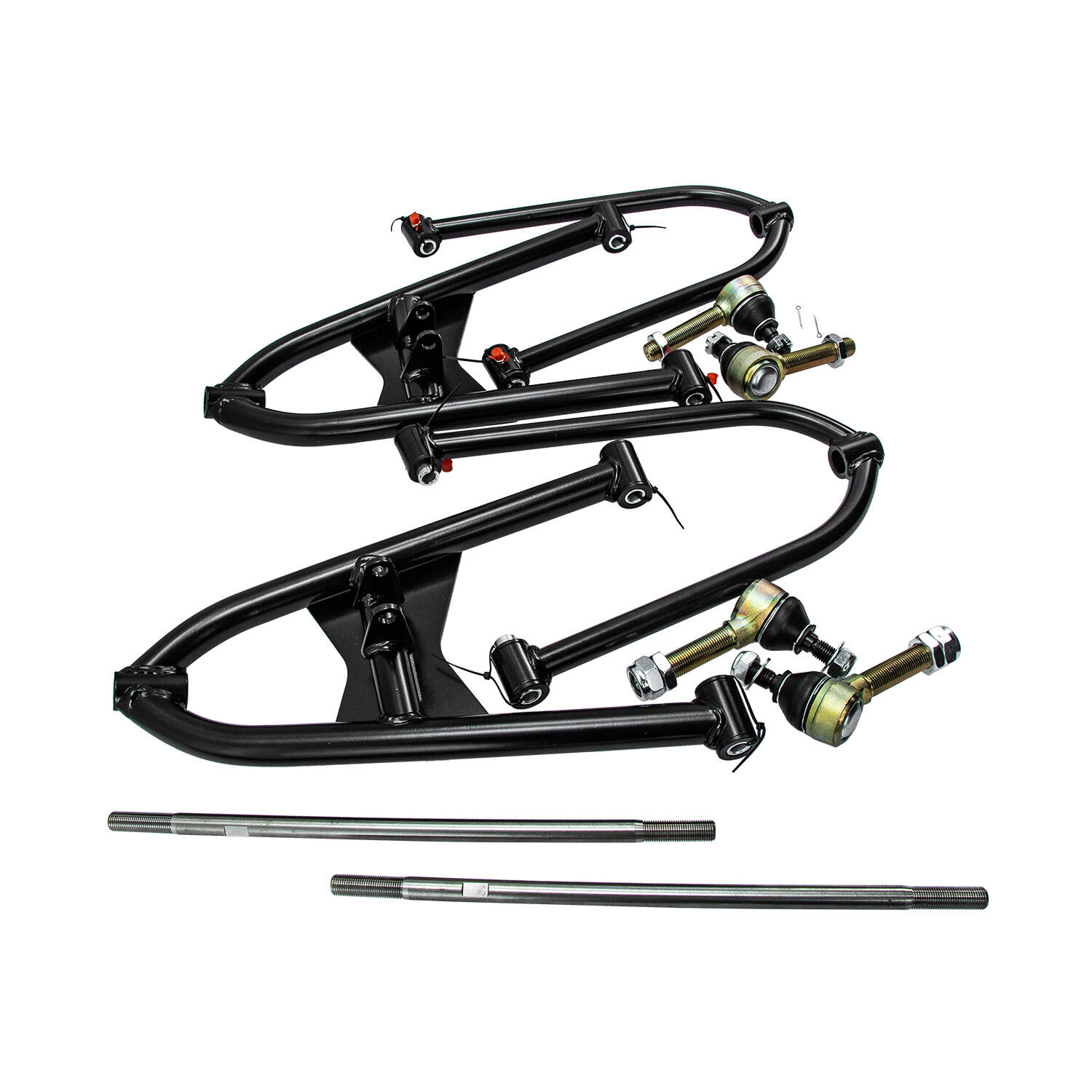
Professional vehicle inspection requires systematic evaluation of critical suspension components, with control arms representing one of the most essential elements demanding thorough assessment. These pivotal components connect the vehicle's frame to...
VIEW MORE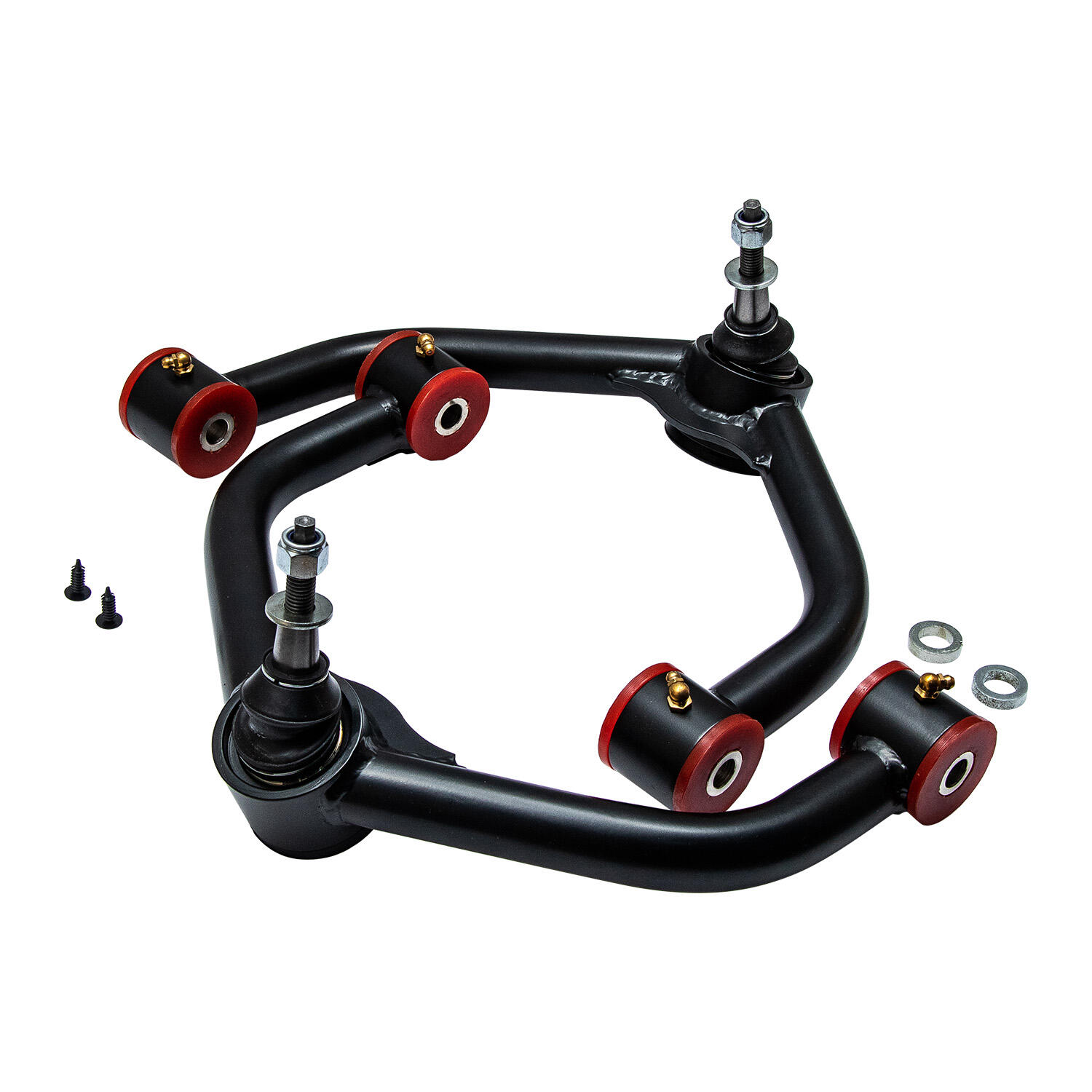
Fleet managers and procurement specialists face critical decisions when selecting control arms for their vehicle fleets. These essential suspension components directly impact vehicle performance, maintenance costs, and operational efficiency across d...
VIEW MORE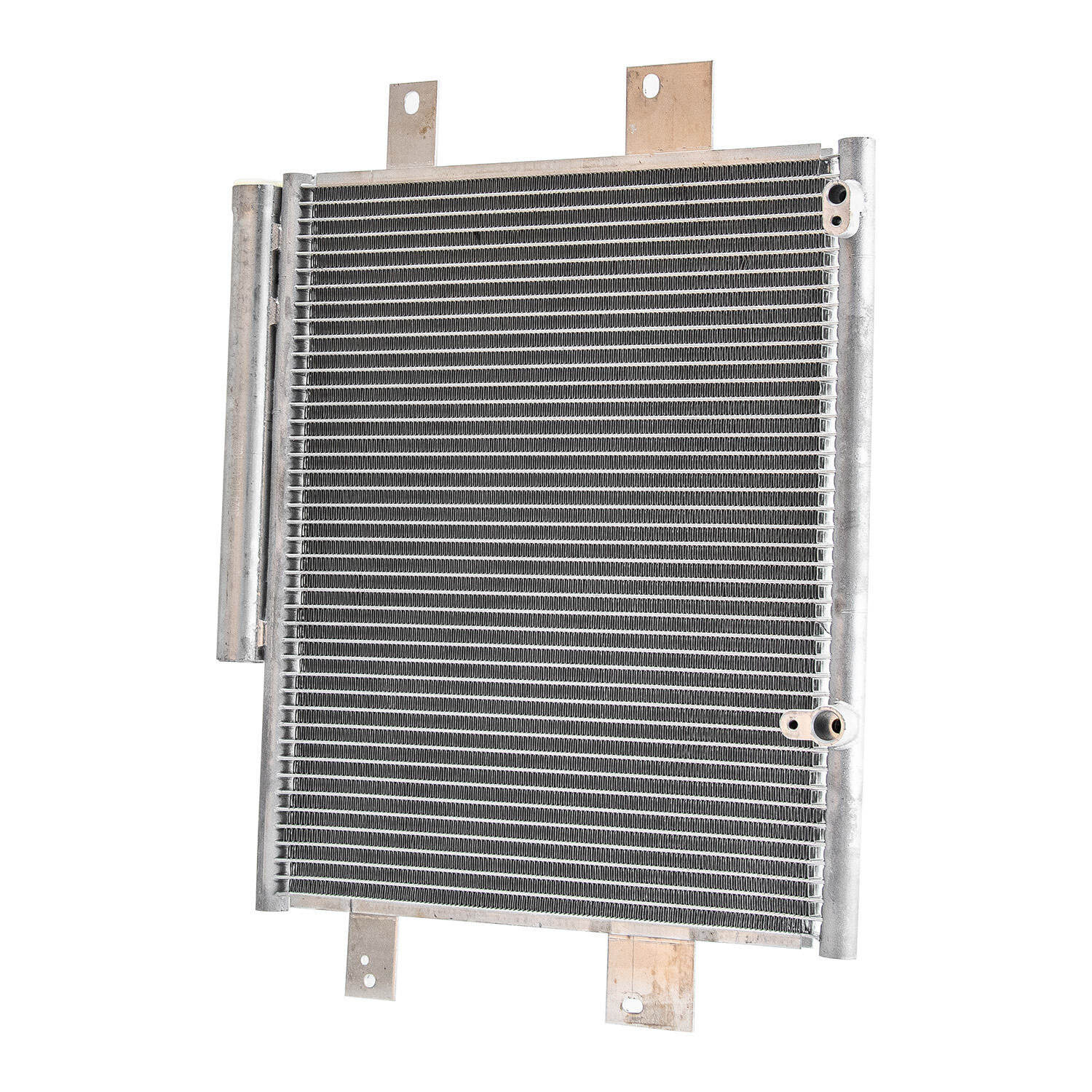
Logistics fleets operating across diverse climates and demanding schedules require reliable air conditioning systems to maintain optimal working conditions and protect valuable cargo. The heart of any vehicle's cooling system lies in its AC condenser...
VIEW MORE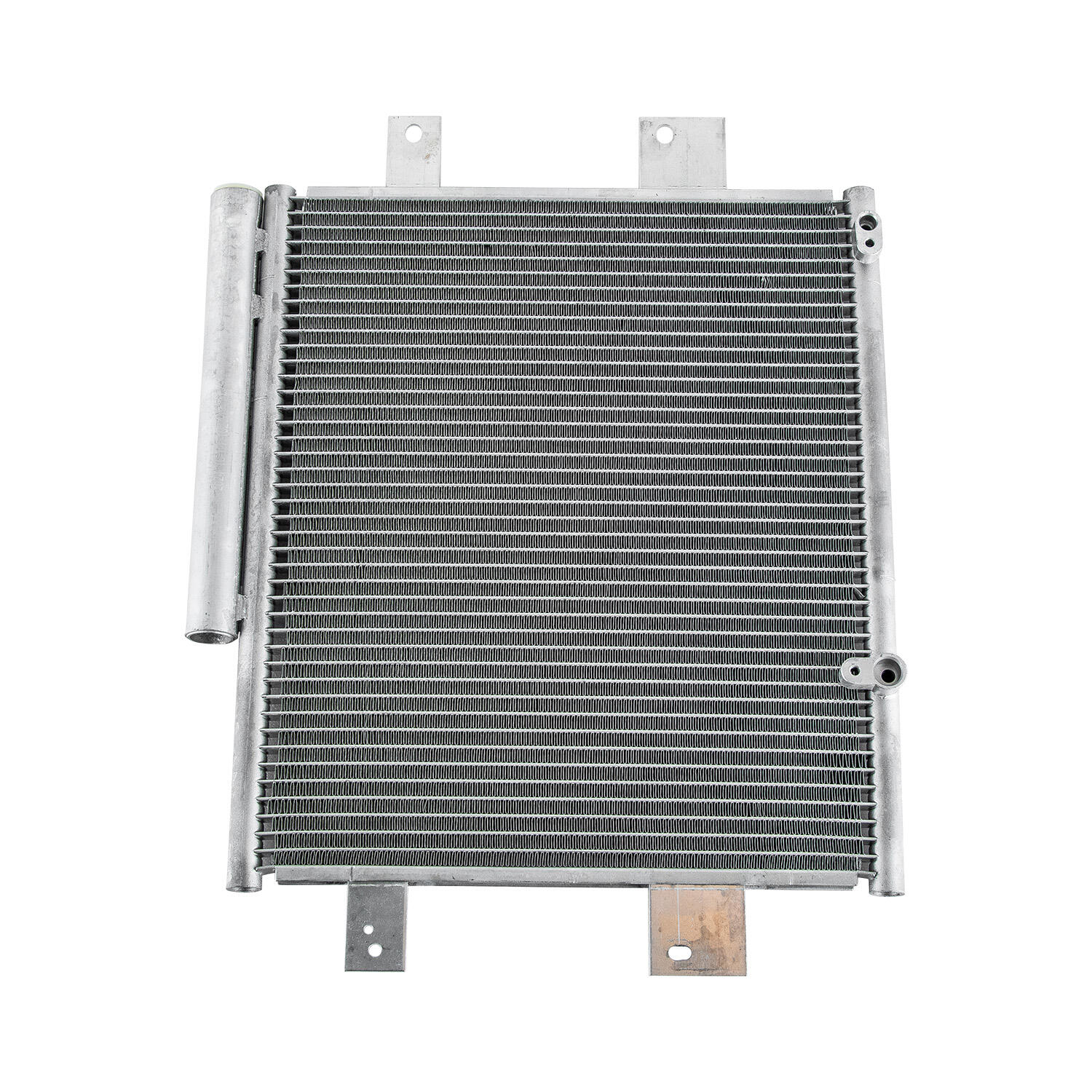
Heavy-duty and commercial transport vehicles rely on robust air conditioning systems to maintain optimal operating conditions for both cargo preservation and driver comfort. The ac condenser serves as a critical component in these demanding applicati...
VIEW MORE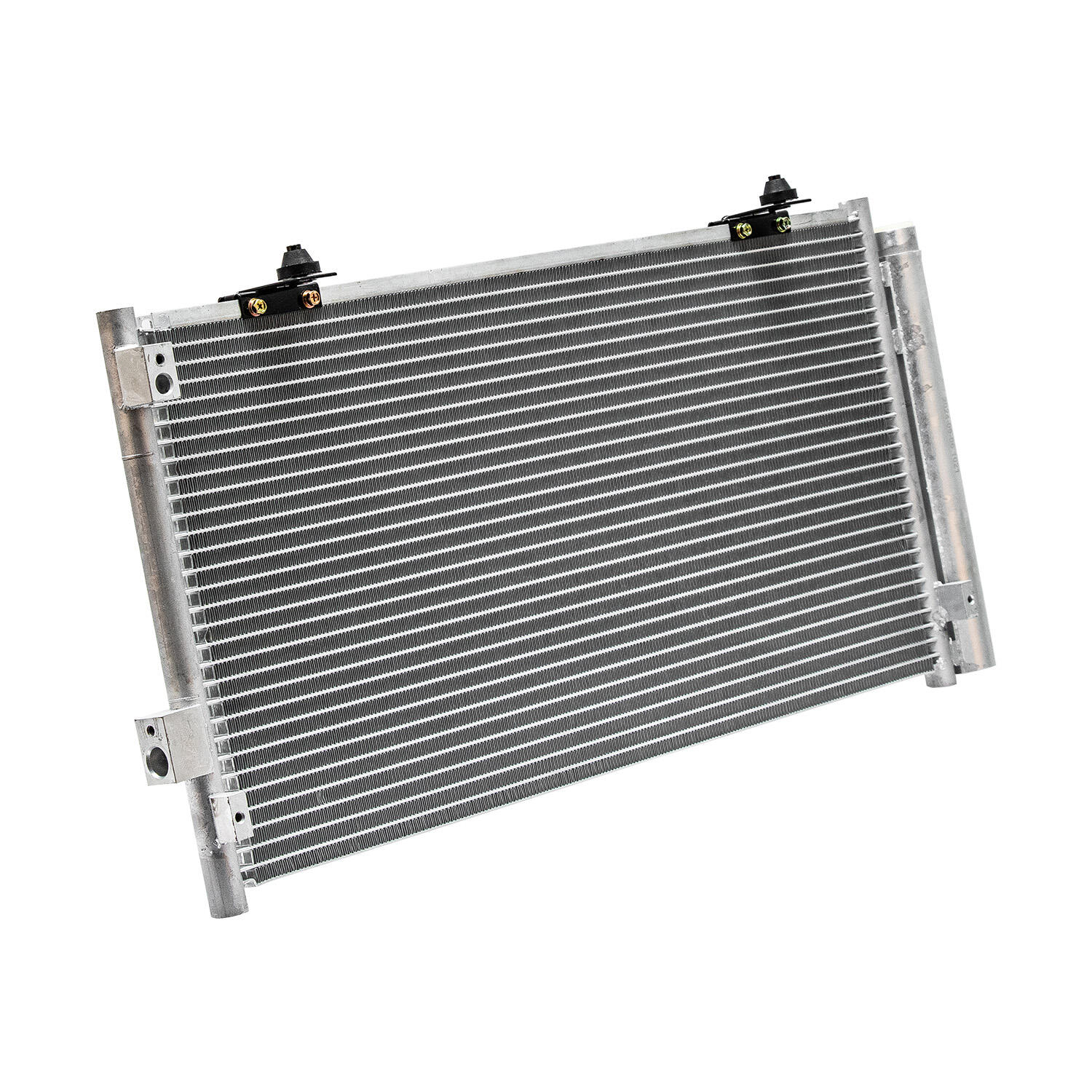
Installing an ac condenser in service garages presents numerous technical challenges that automotive technicians must navigate with precision and expertise. These critical cooling system components require careful handling, proper tools, and extensiv...
VIEW MORE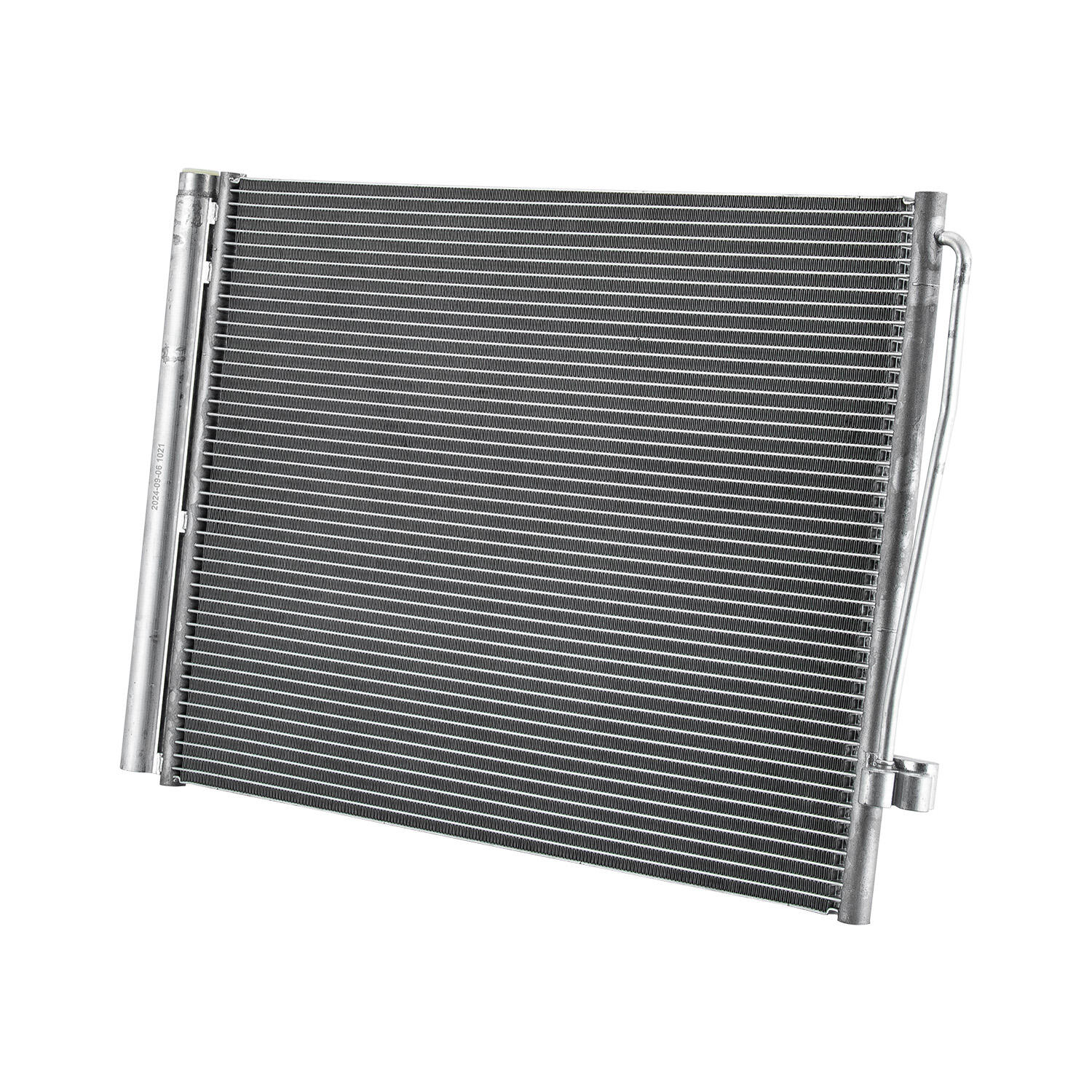
Automotive air conditioning systems have become essential components in modern vehicles, directly impacting both passenger comfort and overall vehicle energy efficiency. The design and performance characteristics of an ac condenser play a crucial rol...
VIEW MORE
Fleet managers face critical decisions when sourcing automotive components, particularly when it comes to air conditioning systems. The ac condenser represents one of the most essential components in vehicle climate control, directly impacting driver...
VIEW MORE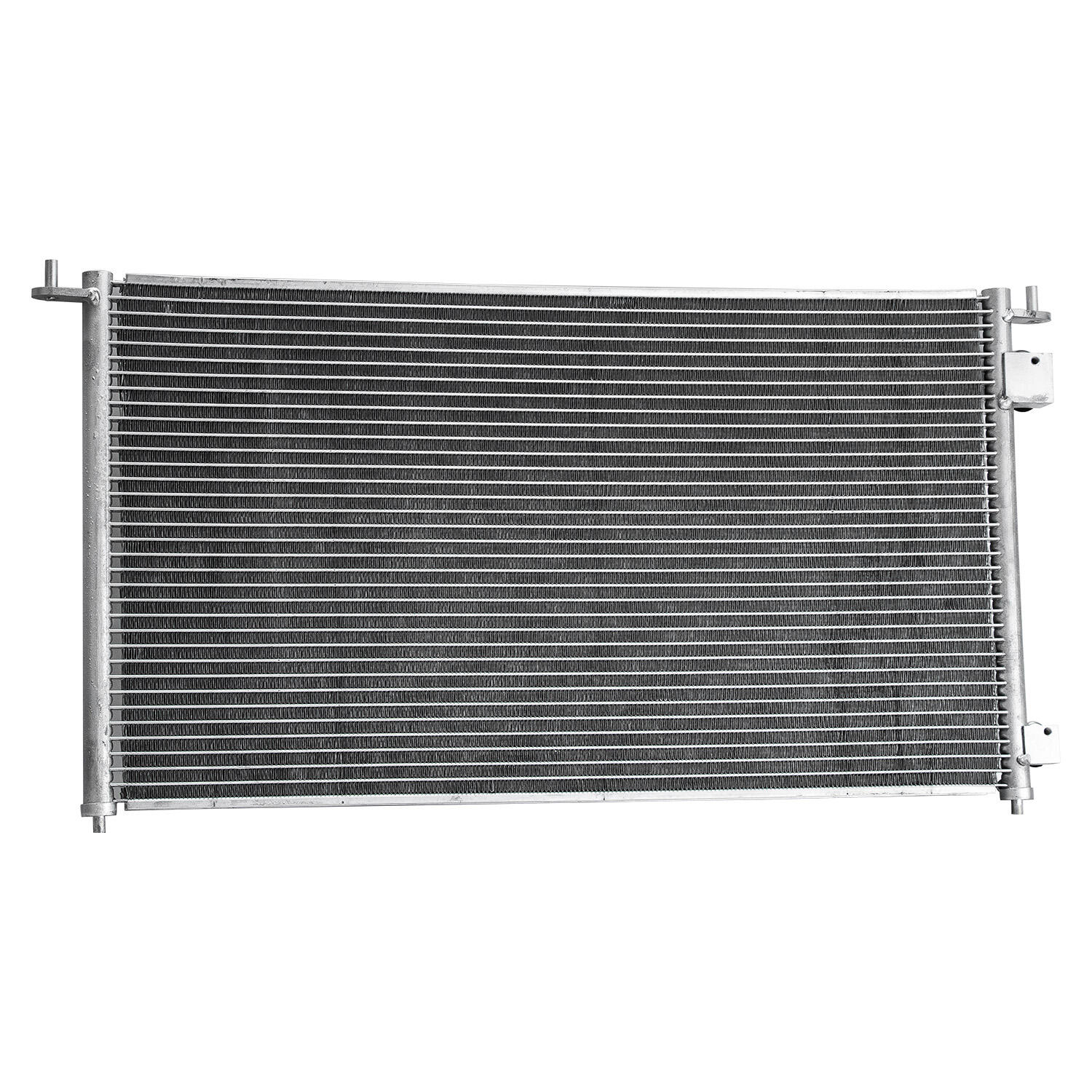
Modern vehicle air conditioning systems rely on several critical components working together to maintain optimal cabin temperatures, with the ac condenser serving as one of the most essential elements in this complex cooling process. Understanding ho...
VIEW MORE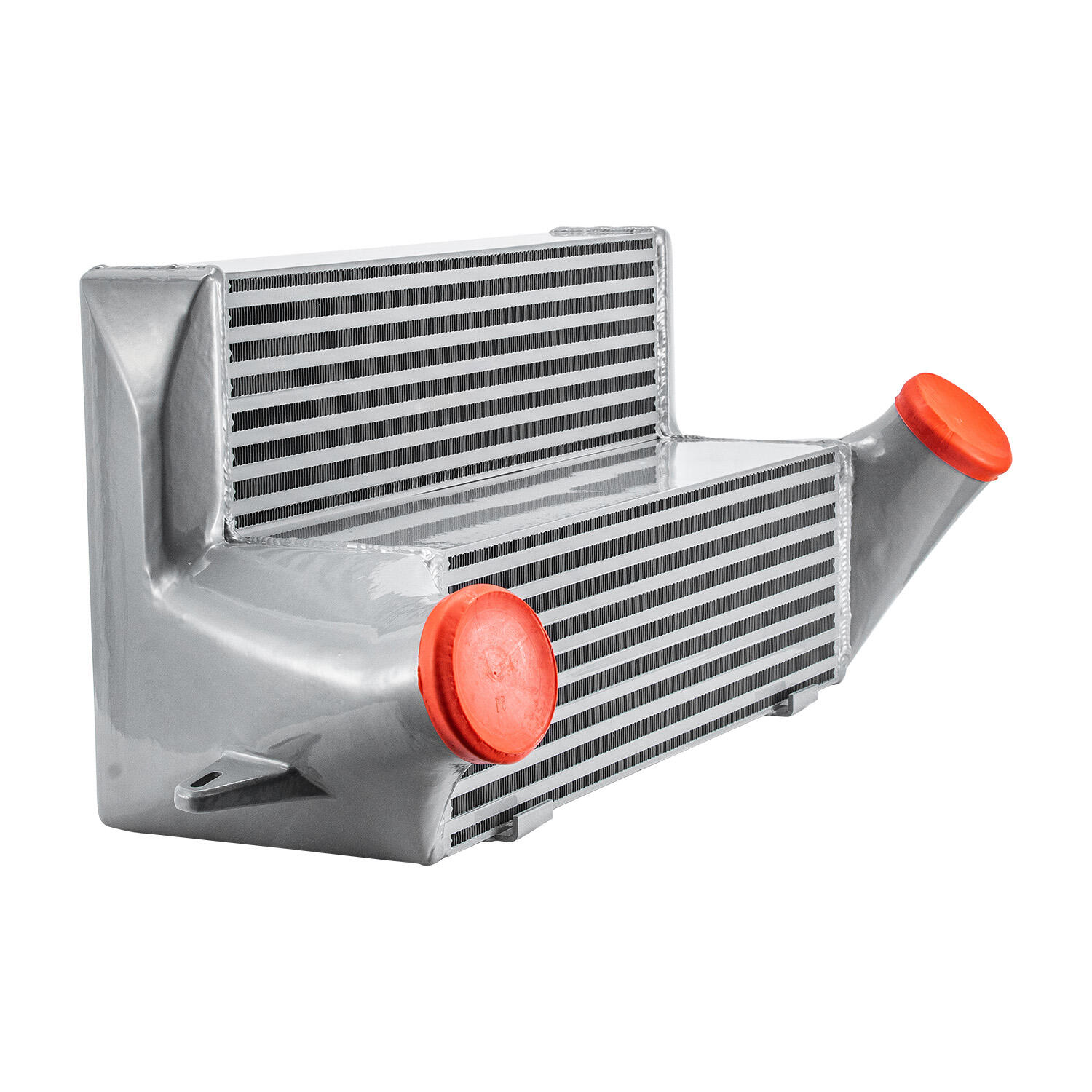
Revolutionizing EV Performance with Advanced Cooling Systems The automotive industry stands at the cusp of a major transformation as intercooler technology evolves to meet the unique demands of turbocharged electric vehicles. Traditional cooling syst...
VIEW MORE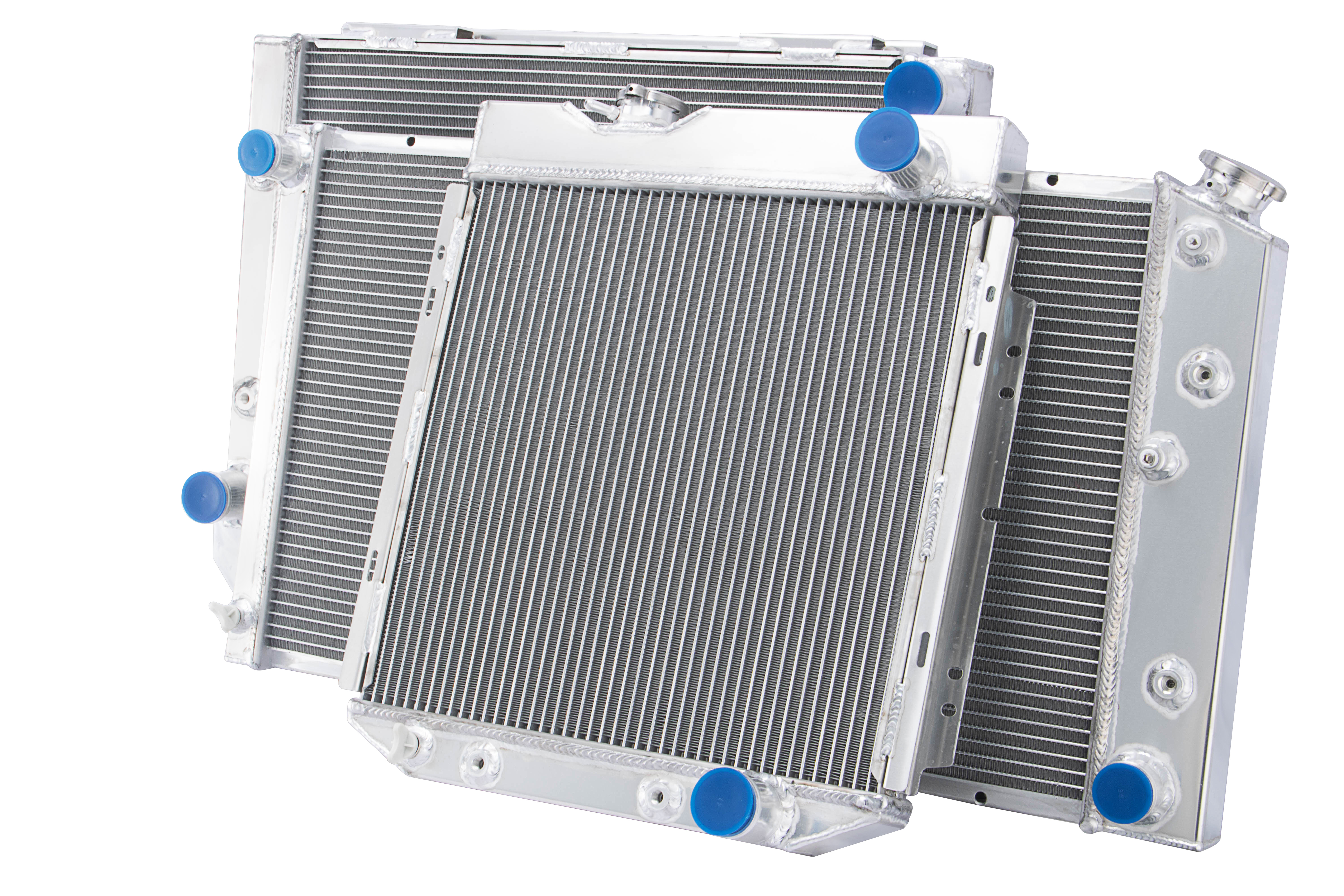
The Evolution of Thermal Management in Modern Hybrid Powertrains As automotive technology races forward into 2025, intercooler efficiency has emerged as a critical factor in determining hybrid vehicle performance. The integration of advanced intercoo...
VIEW MORE